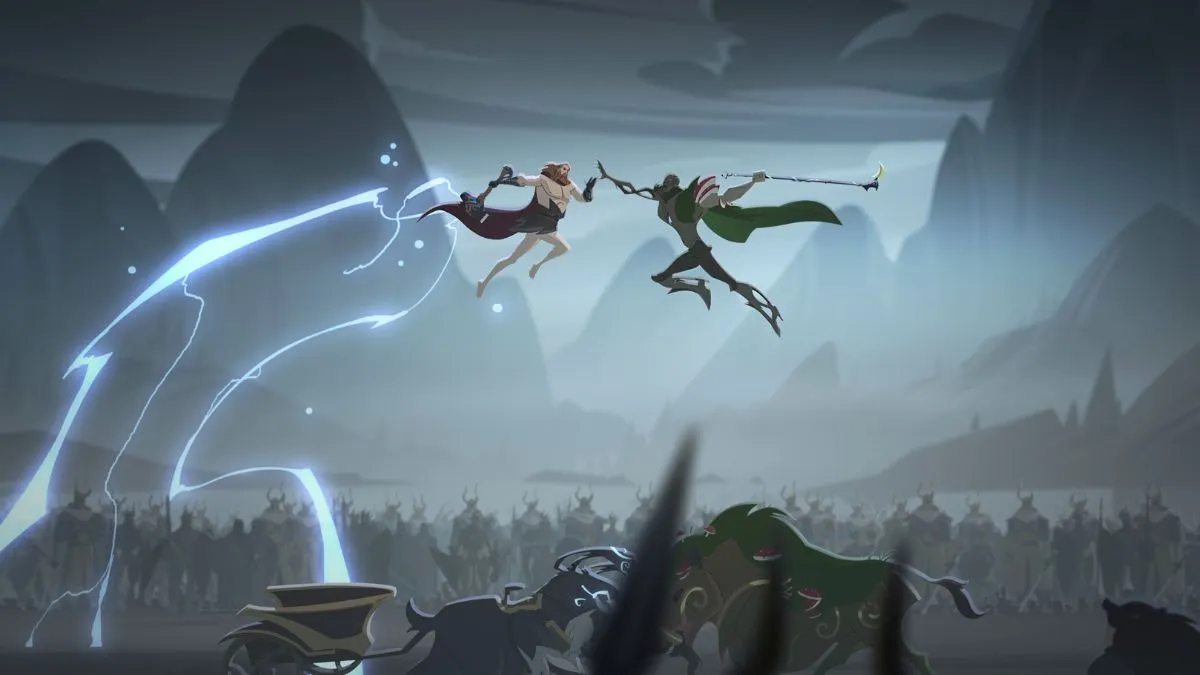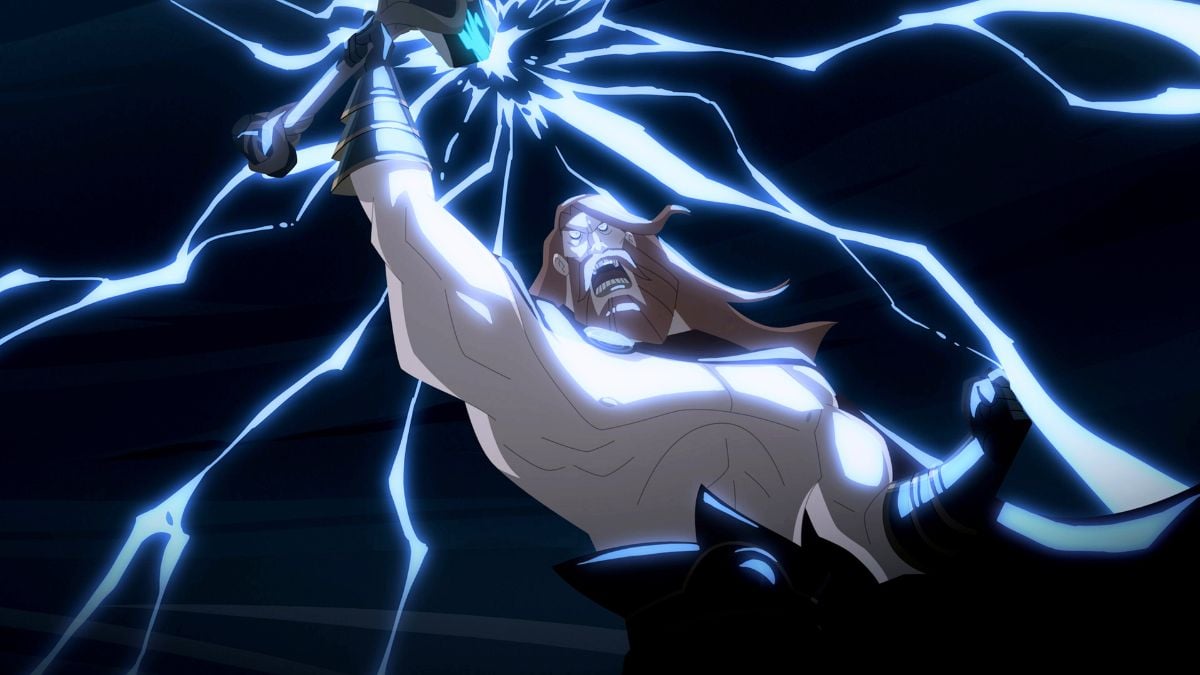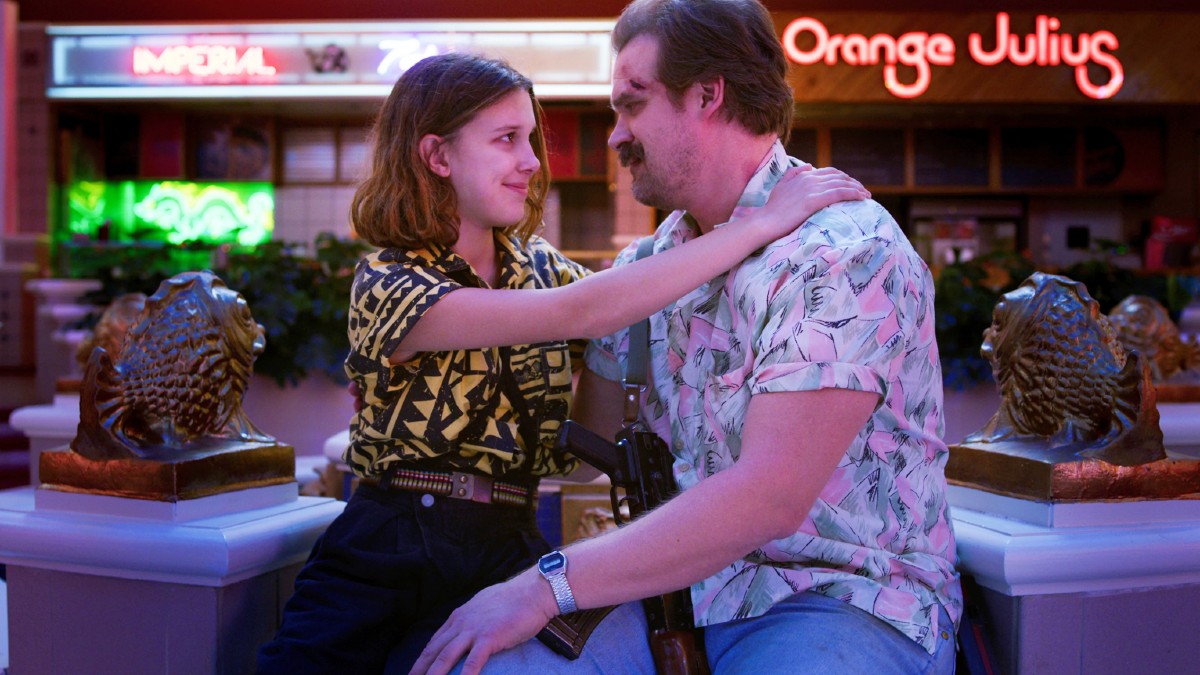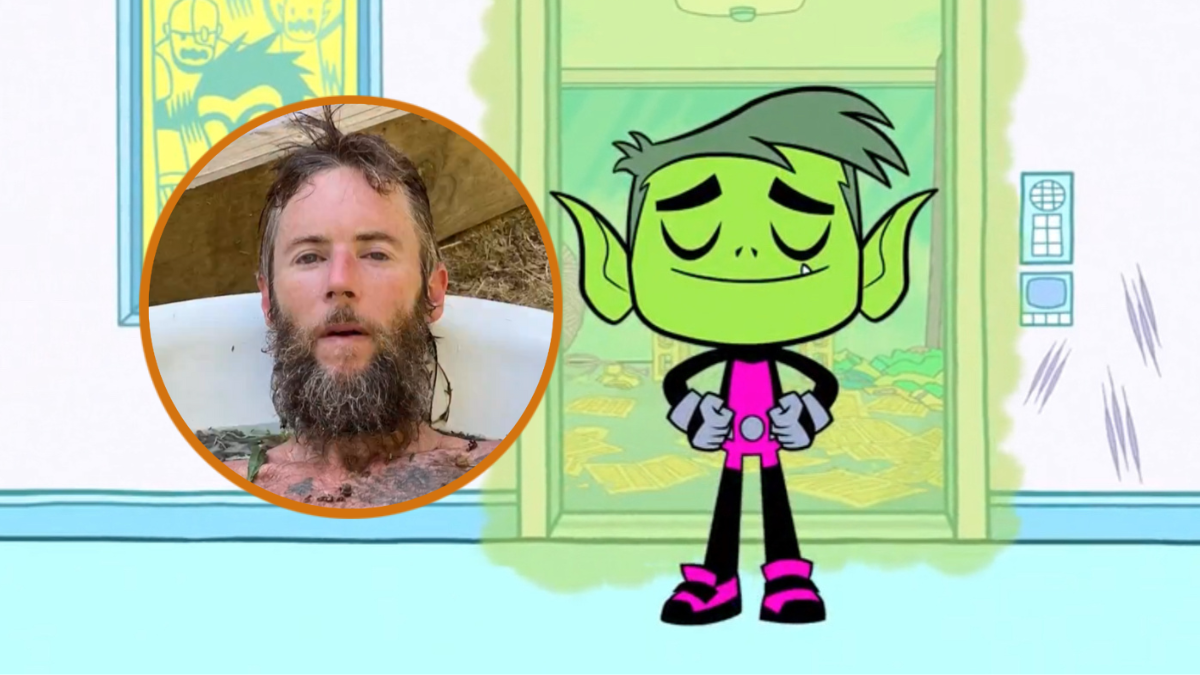Zack Snyder’s Twilight of the Gods features a bloodthirsty Thor, the opposite of Marvel’s noble God of Thunder. Yet, both are inspired by Norse mythology. So, is Thor originally a villain or a hero?
The Norse gods, including Thor, were not portrayed as good or evil in the poems and sagas left behind by the Vikings. Instead, they were depicted as powerful entities with human-like flaws and motivations. Thor, in particular, was known for his quick temper and tendency to resort to violence, traits that sometimes led him into conflict with friends and foes alike. However, Thor’s role in Norse mythology was primarily that of a guardian. In particular, the God of Thunder was seen as a defender of gods and humans against the chaotic forces of the giants, known as jötnar.
It’s also interesting to note that Thor’s mighty hammer, Mjölnir, was not just a weapon in Norse mythology but also a tool used to bless marriages and consecrate important events. This protective aspect of Thor is what made him one of the most widely worshipped gods in Norse society, especially among ordinary people. It’s no wonder that Marvel found it easy to turn Thor Odison into a hero by exploring the aspects of Norse mythology that reinforce the God of Thunder’s supposed predisposition for justice and his willingness to defend the weak.
Nevertheless, while Marvel has helped cement the image of Thor as one of the good guys, the God of Thunder is a brutish antagonist in Zack Snyder’s Twilight of the Gods. In the gaming world, Thor is also one of the main antagonists of God of War: Ragnarök, one of the contenders for Game of the Year in 2022. It’s not a coincidence that Thor can fit the role of a villain so well, as his protective nature doesn’t prevent him from morally reprimandable actions.
Thor can be a hero or a villain because he can’t be reduced to binaries

While Thor’s role as a champion of humanity is clear, his methods and temperament often lead to questionable actions. In many myths, Thor’s first instinct when faced with a problem was to smash it with his hammer. This brute force approach, while effective, sometimes caused collateral damage or escalated conflicts unnecessarily.
Another aspect of Thor’s character that raises ethical questions is his relentless pursuit and slaughter of giants. While the giants were often portrayed as enemies of the gods, not all were inherently evil. Some myths depict peaceful interactions and even marriages between gods and giants. Thor’s indiscriminate violence against the giant race could be seen as genocidal, especially when viewed through a modern lens. In fact, it is Thor’s (voiced by Pilou Asbæk) hatred towards giants that set the events of Twilight of the Gods into motion, both for Sigrid (voiced by Sylvia Hoeks) and Loki (voiced by Paterson Joseph).
It’s important to understand Thor within the context of Norse culture and beliefs. The Vikings, who worshipped Thor, valued strength and martial prowess. Thor’s violent tendencies and quick temper were not necessarily seen as negative traits but as aspects of his power and effectiveness as a protector against chaos.
Different stories portray Thor as a hero or a villain by drawing inspiration from specific aspects of Norse mythology. That speaks volumes about Western storytelling constraints, as we often look for clear-cut good and evil in main characters instead of allowing them to be complex people filled with contradictions. As such, both Marvel’s interpretation of Thor and the one in Twilight of the Gods are equally valid adaptations of Norse myths. Both are equally incomplete and focus on a single facet of the original God of Thunder.











Published: Sep 19, 2024 05:11 am